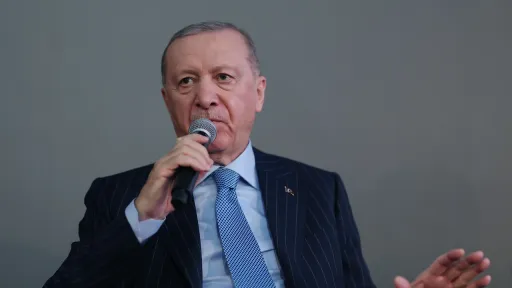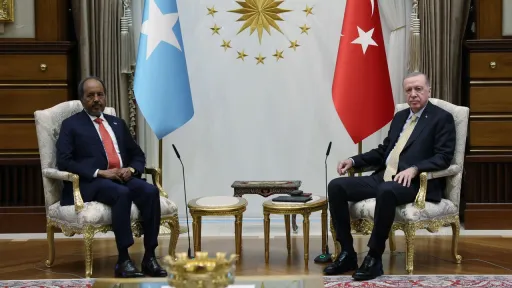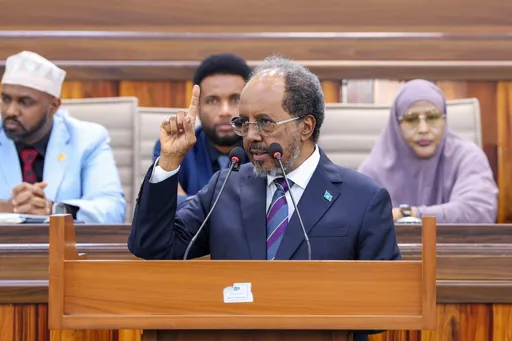Cash-strapped Sri Lanka voted for its next president Saturday in an effective referendum on an unpopular International Monetary Fund austerity plan enacted after the island nation's unprecedented financial crisis.
Turnout was at nearly 70 percent an hour before polling stations closed at 4:00 pm (1030 GMT), an election commission official said, citing provisional figures.
The record for voter turnout in a Sri Lankan presidential election was set in 2019 with 83.72 percent.
President Ranil Wickremesinghe is fighting an uphill battle for a fresh mandate to continue belt- tightening measures that stabilised the economy and ended months of food, fuel and medicine shortages.
Civil unrest
His two years in office restored calm to the streets after civil unrest spurred by the downturn in 2022 saw thousands storm the compound of his predecessor, who promptly fled the country.
"I've taken this country out of bankruptcy," Wickremesinghe, 75, said after casting his ballot in the morning.
"I will now deliver Sri Lanka a developed economy, developed social system and developed political system."
But Wickremesinghe's tax hikes and other measures, imposed und er the terms of a $2.9 billion IMF bailout, have left millions struggling to make ends meet.
"The country has been through a lot," lawyer and musician Soundarie David Rodrigo told AFP after casting her vote in Colombo.
"So I just don't want to see another upheaval coming soon."
Formidable challengers
Wickremesinghe is tipped to lose to one of two formidable challengers. One is Anura Kumara Dissanayaka, the leader of a once-marginal Marxist party tarnished by its violent past.
The party led two failed uprisings in the 1970s and 1980s that left more than 80,000 people dead, and it won less than four percent of the vote in the previous parliamentary elections.
But Sri Lanka's crisis has proven an opportunity for the 55-year-old Dissanayaka, who has seen a surge of support based on his pledge to change the island's "corrupt" political culture.
He said at a polling station he was confident of securing the top job.
"After the victory there should be no clashes, no violence," he said. "Our country needs a new political culture."
Fight corruption
Fellow opposition leader Sajith Premadasa, 57, the son of a former president assassinated in 1993 during the country's decades-l ong civil war, is also expected to make a strong showing.
Premadasa has vowed to fight endemic corruption, and both he and Dissanayaka have pledged to renegotiate the terms of the IMF rescue package.
More than 17 million people were eligible to vote in the election, with more than 63,000 police deployed to guard polling booths and counting centres in schools and temples.
The government also banned the sale of liquor over the weekend and said no victory rallies or celebrations would be permitted until a week after the results were announced.
Counting is set to begin on Saturday evening and a result is expected on Sunday, but an official outcome could be delayed if the contest is close.
Schools were closed on Friday to be converted into polling stations, which were staffed by more than 200,000 public servants deployed to conduct the vote.
➤Click here to follow our WhatsApp channel for more stories.
























